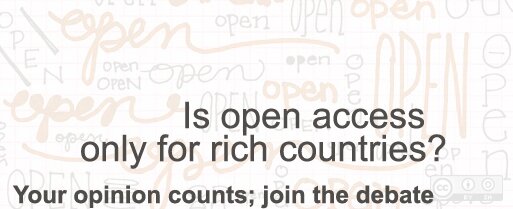HeritageDOTza
Making South African heritage more accessible online
In the first six months of 2009, the African Commons Project ran a pilot project, called iHeritage, which aimed to make South African heritage more accessible online. After an overwhelming response from the heritage sector and the media, we have decided that we’d like to extend this into a two-year intervention in order to:
- Broaden the community who meet regularly to discuss best case practice in the online heritage space,
- Educate heritage organisations on the tools that are currently available to assist them in solving common problems,
- Build public awareness on the importance of open access to heritage online, and
- Research the impact of different levels of open access to materials online.
Challenges for digital heritage
Digitisation
Digitisation of analogue materials can be a costly affair – mostly because it is undertaken by organisations with few financial resources, often working as isolated units. Without in-house technology expertise, museums face a huge battle in choosing from the wide range of technologies available and then trying to raise funds to support the preservation of their collections by digitising them.
Copyright
Copyright is also one of the primary concerns faced by museums. When materials were donated to them in their brick and mortar form, they weren’t given permission to publish online – or enable others to re-publish online. This has caused museum personnel to feel hemmed in by the lack of permission and the consequent threat of litigation.
Read-Write Web
At the same time, we’re seeing the flourishing of the read-write web where users are demanding that they be allowed to distribute materials to their own audiences – thus spreading access to cultural artifacts in ways never before possible. Tools such as Creative Commons have enabled us to think outside the copyright box and form new ideas when managing donor-creator-publisher relationships.
Education and collaboration are key for the heritage sector. Alternatively, the risks are great. If our current custodians of heritage cannot move from the analogue to the digital age, they will become even more out of touch with society than they are, losing greater numbers of the public to the Internet, losing more of their funding, and then finally putting the materials that they hold in custody at risk.
Project Goals
The project will serve heritage institutions such as libraries, museums, archives and collections housed at academic institutions; communities of interest such as language, gender, ethnic and other communities; educators and learners as users of using essential source material.
iHeritage aims to make South African heritage more accessible through:
EDUCATION
Educating heritage institutions and communities on how to use tools for enhancing the accessibility of the materials that they hold in trust;
NETWORKING
Identifying and building a network of stakeholders heritage institutions to educators andlearners/ students, to local creative communities in order to make museums and archives more in touch with the needs of users;
RESEARCH
Conducting a pilot research project into the impact of the highest levels of online access to heritage on selected sectors creative industry output, education or democratic participation; by working with selected heritage institutions to open up their holdings, disseminating their materials to users and tracking the reuse and uptake of these materials in the creative and educational spheres.
Our Methodology
We will achieve the project objectives using the following methodology:
EDUCATION
We will run a series of training workshops on digital copyright, the status of the Public Domain in South African copyright terms, and what this means for heritage institutions, online publishing software used by museums and archives to put their digitised materials online;
At the culmination of the project, we will publish an openly accessible textbook for heritage institutions with tools, tips, case studies and information about making their collections more accessible online. The textbook will include model release forms for heritage institutions to adapt in order to get permission from donors to make works accessible online, and will include elements of the case studies and research developed as part of the project.
NETWORKING
We will continue to conduct regular, quarterly seminars for heritage institutions, creators, educators and students to meet to discuss best-case practices, issues of concern and ways of collaborating. Including activities such as screenings, launches of local cultural heritage products and projects.
In conjunction with the above we will create a digital and hard-copy quarterly newsletter which will outline events, status and highlight any activities or news at a policy level.
RESEARCH
We will track the downstream uses of a series of openly-licensed heritage materials, measuring the impact of reuse in education (when used on education portals, for example) or creative industries (in building new cultural products, in documentaries, craft etc). All research will be shared extensively among target communities and partners.
We will partner with a other South African stakeholders to make policy submissions to the South African government on the current Copyright Act with specific emphasis on regulations that have an impact on the public domain.
For more information please contact Daniela White or Kerryn McKay on +27 11 327 3155 or [email protected]

